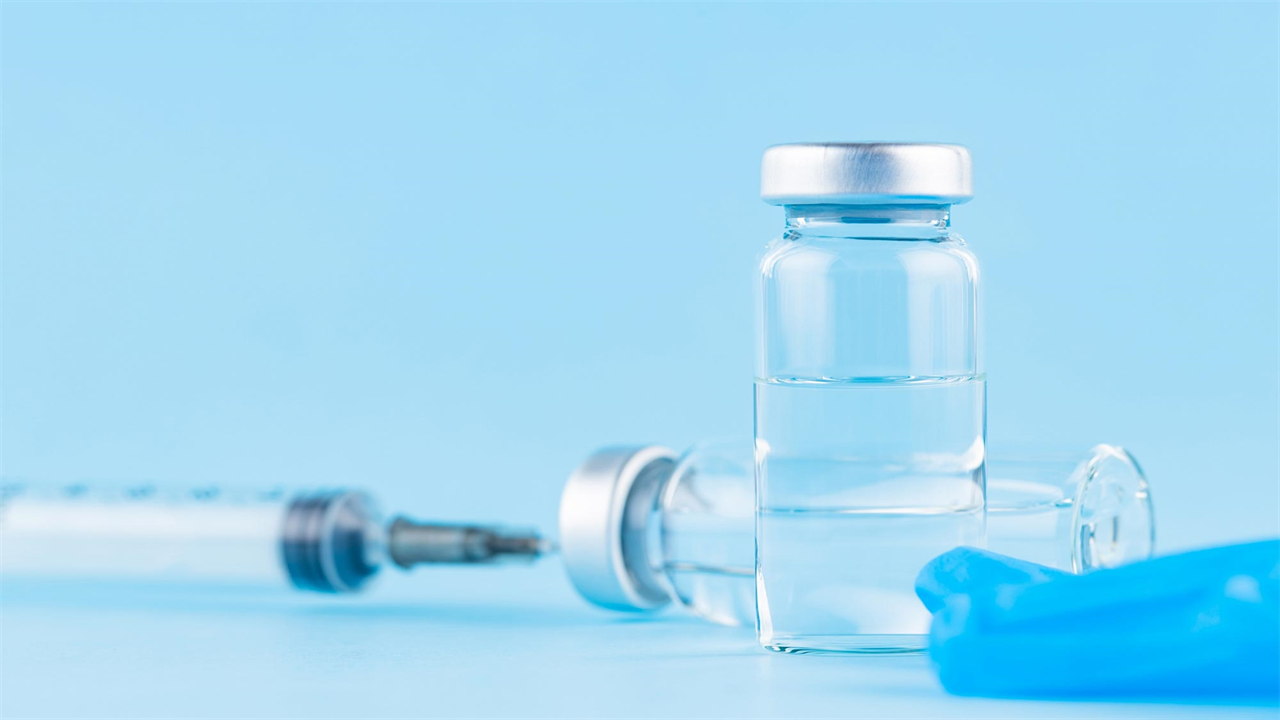Study Finds Gradual Increase in COVID-19 Infection Risk After Second Vaccine Dose
0 View
Share this Video
- Publish Date:
- 4 December, 2021
- Category:
- Covid
- Video License
- Standard License
- Imported From:
- Youtube
Tags

The results confirm that protection decreases over time and suggest that a third (booster) dose may be warranted
A study published by The BMJ finds a gradual increase in the risk of covid-19 infection from 90 days after receiving a second dose of the Pfizer-BioNTech vaccine.
The study was conducted by the Leumit Health Services Research Institute in Israel. Israel was one of the first countries to roll out a large-scale Covid-19 vaccination campaign in December 2020, but has seen a resurgence in infections since June 2021.
The findings confirm that the Pfizer-BioNTech vaccine provided excellent protection in the first weeks after vaccination, but suggest that protection for some individuals diminishes over time.
Around the world, large-scale Covid-19 vaccination campaigns are helping to control the spread of the virus, but even in countries with high vaccination rates, breakthrough infections can occur, which scientists believe are due to a gradual loss of immunity over the course of a period of time. the time.
Examining the time elapsed since vaccination and the risk of infection can provide important clues as to the need for a third injection and the desired timing.
To do this, the researchers examined electronic health records of 80,057 adults (average age 44) who had a PCR test at least three weeks after their second injection and had no evidence of previous Covid-19 infection.
Of these 80,057 participants, 7,973 (9.6%) had a positive test result. These subjects were then matched with negative controls of the same age and ethnic group who were tested during the same week.
The rate of positive results increased with the time elapsed since a second dose. For example, in all age groups, 1.3% of participants tested positive for 21-89 days after a second dose, but this increased to 2.4% after 90-119 days; 4.6% after 120-149 days; 10.3% after 150-179 days; and 15.5% after 180 days or more.
And after taking into account other potentially influential factors, the researchers found a significantly increased risk of infection with the passage of time since a second dose.
Compared to the first 90 days after a second dose, the infection risk in all age groups was 2.37 times higher after 90-119 days; 2.66 times higher after 120-149 days; 2.82 times higher after 150-179 days; and 2.82 times higher after 180 days or more.
The researchers acknowledge that the interpretation of their findings is limited by the observational design, and they cannot rule out the possibility that other unmeasured factors such as household size, population density or virus strain may have had an effect.
However, this was a large study of people all receiving the same vaccine, and the researchers were able to conduct a detailed analysis of the data, suggesting the results are robust.
As such, they conclude that in individuals who received two doses of the Pfizer-BioNTech vaccine, protection appeared to wane over time and the risk of breakthrough infection increased progressively compared to the protection afforded over the first 90 days. .
The results suggest that consideration of a third vaccine dose might be warranted, they add.
Reference: “Elapsed time since BNT162b2 vaccine and risk of SARS-CoV-2 infection: test negative design study” by Ariel Israel, Eugene Merzon, Alejandro A Schäffer, Yotam Shenhar, Ilan Green, Avivit Golan-Cohen, Eytan Ruppin, Eli Magen and Shlomo Vinker, Nov. 25, 2021, The BMJ.
DOI: 10.1136 / bmj-2021-067873










